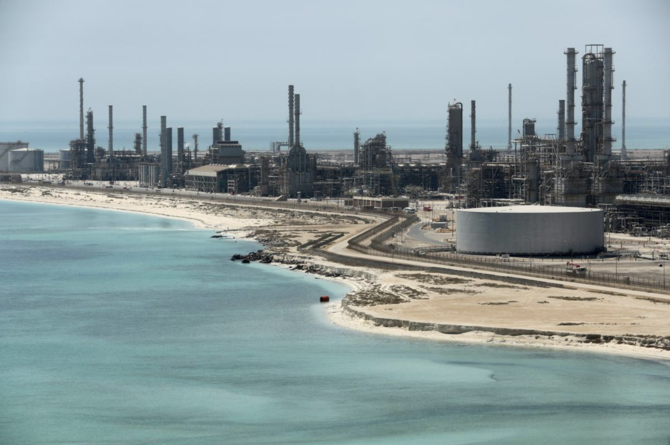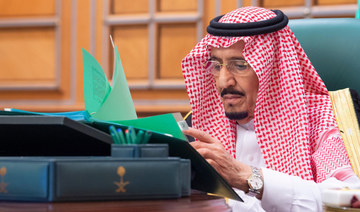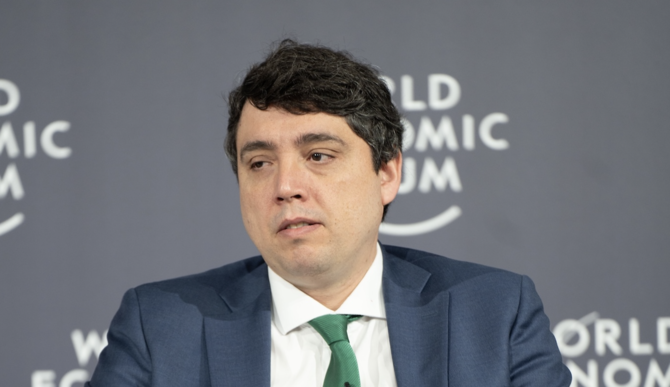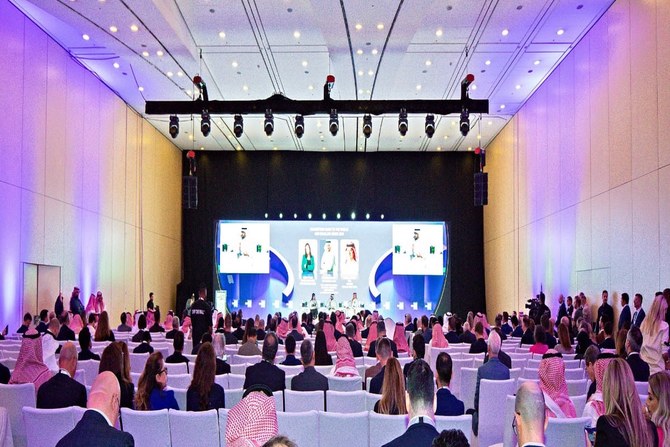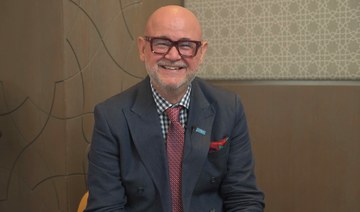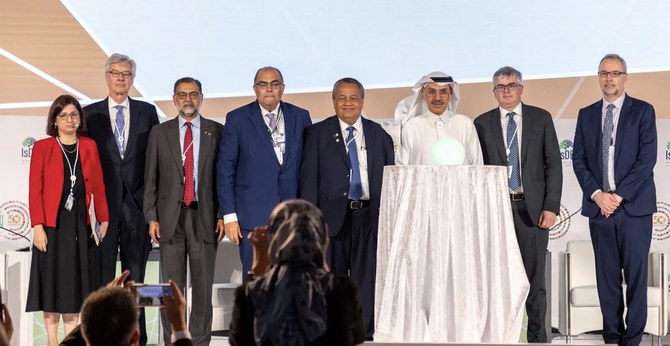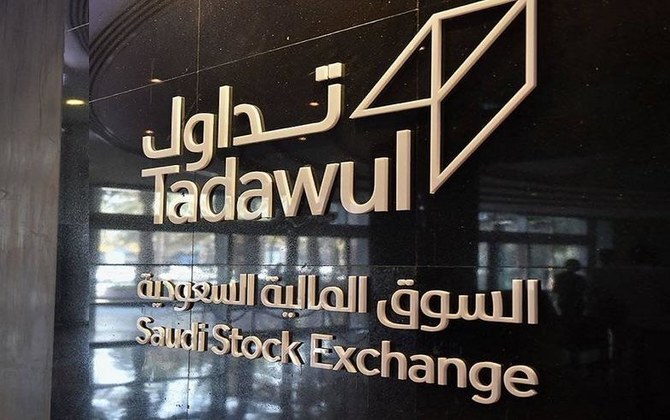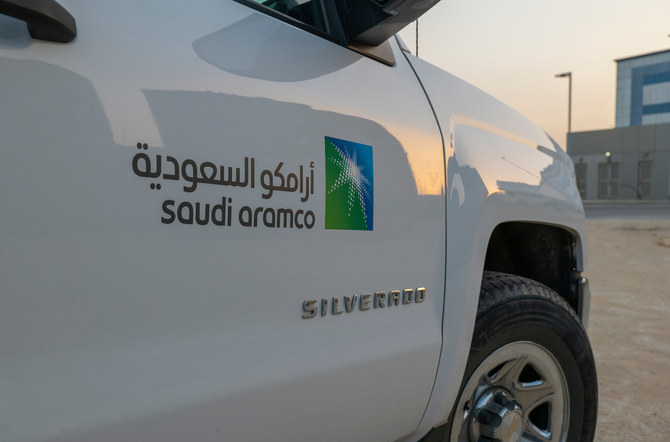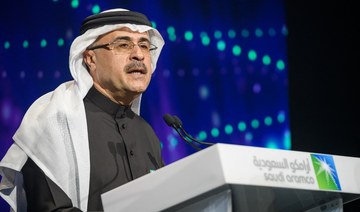DUBAI: Saudi Arabia and Russia on Wednesday pledged to rebalance the global oil market and urged other producers to join them in mitigating the effects of the coronavirus pandemic on energy demand.
The two leading oil countries’ energy ministers, Prince Abdul Aziz bin Salman and Alexander Novak, issued a joint statement commending “the efforts of responsible producers around the world who had willingly adjusted their production out of a sense of shared responsibility.”
Novak also welcomed Saudi Arabia’s new voluntary cut of 1 million barrels of oil per day, on top of the big commitments made at the recent OPEC+ meeting, as “clear evidence of the determined actions that are needed to help expedite the rebalancing of the oil market.”
Kuwait and the UAE responded with smaller cuts of their own, but analysts fear other big producers such as Iraq and Nigeria will not be able to follow that lead.
The ministers said: “Our two nations remain firmly committed to achieving the goal of market stability and expediting the rebalancing of the oil market. We are confident that our partners are fully aligned with our goals and they will comply with the OPEC+ agreement.”
The ministers also said they were encouraged by “recent signs of improvement in economic and market indicators, especially the growth in oil demand and the ease in concerns about storage limits.”
A new report from OPEC on Wednesday said the recent cuts in output “are expected to expedite market rebalancing, and improve the demand for OPEC crude in 2020.”
Nevertheless, the organization said it expected demand for oil to shrink by more than 9 million barrels per day in 2020, 2.23 million more than last month’s estimate. In response, the price of Brent crude, the global benchmark, dipped below the $30 level.
Crude markets were further spooked by a warning from the main US commodities regulator that oil faced the threat of a further plunge when the contract for June delivery of West Texas Intermediate, the US standard, expires next week. “Negative pricing is a possibility,” the regulator said. WTI was trading around $25 per barrel.
Fatih Birol, director of the International Energy Agency, told a forum organized by Dubai consultancy Gulf Intelligence that more cuts by producers might be needed in 2020, but that it was “too early to write the obituary of shale oil.” US production, savaged by the price falls, could start to come back at around $40 per barrel, he said.



